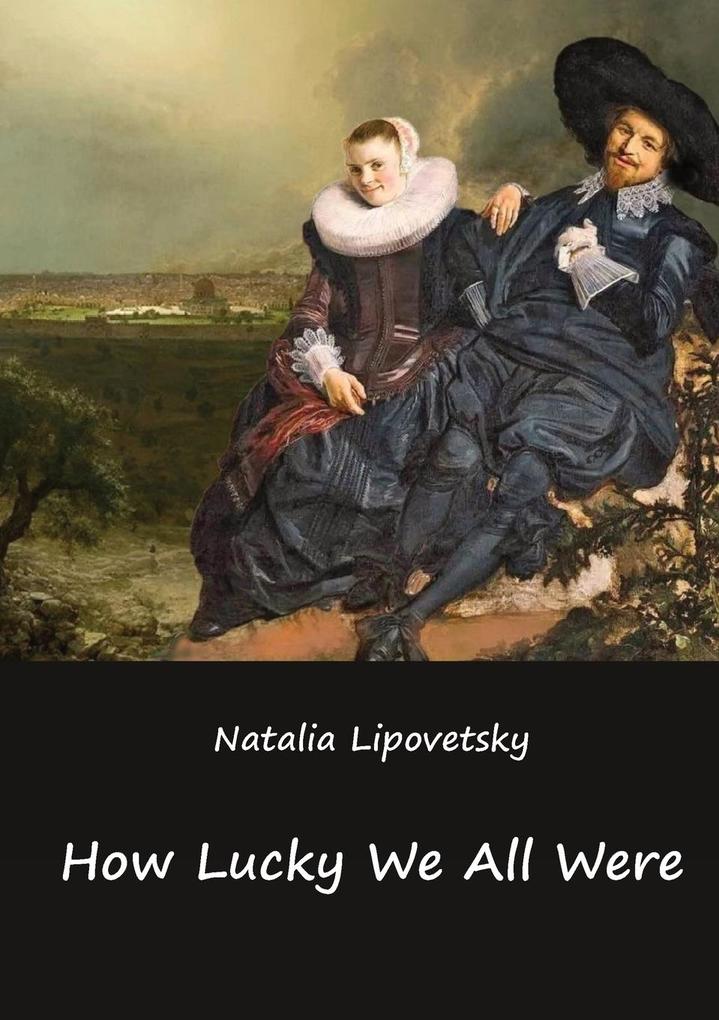
Zustellung: Do, 24.07. - Mo, 28.07.
Versand in 5 Tagen
VersandkostenfreiBestellen & in Filiale abholen:
Between 1992 and 1995, while in Israel, I worked as a caregiver for an 84-year-old woman who had fled Hungary during World War II. After her passing, I made a promise to myself to write about her as a token of gratitude. At the time, I couldn't say exactly what form it would take-a novella, a short story...
In the years that followed, I was occupied with what Ecclesiastes calls vanity. Then, last year, I received a kind of reminder of my promise. Heeding this sign, I recorded some of our conversations-more precisely, her monologues. They pertain to scattered episodes, yet as I wrote, I had the distinct feeling that my heroine was beside me, dictating the text. It faithfully preserves the rhythm and style of her speech. She was bedridden, and at times, speaking was difficult for her, so she often used incomplete sentences to catch her breath. Throughout the writing process, I tried to remain outside the narrative. At first, our conversations took place in English, but gradually, we switched to Hebrew.
When the text was recorded-this is the only way I can describe the writing process-I only lightly edited it, fact-checked, and removed a couple of passages that might have offended someone. I added commentary and selected appropriate illustrations. The commentary is rather superficial, meant to spark the reader's interest in modern Israel's short yet eventful history, which continues to both astonish and unsettle the world to this day.
In the years that followed, I was occupied with what Ecclesiastes calls vanity. Then, last year, I received a kind of reminder of my promise. Heeding this sign, I recorded some of our conversations-more precisely, her monologues. They pertain to scattered episodes, yet as I wrote, I had the distinct feeling that my heroine was beside me, dictating the text. It faithfully preserves the rhythm and style of her speech. She was bedridden, and at times, speaking was difficult for her, so she often used incomplete sentences to catch her breath. Throughout the writing process, I tried to remain outside the narrative. At first, our conversations took place in English, but gradually, we switched to Hebrew.
When the text was recorded-this is the only way I can describe the writing process-I only lightly edited it, fact-checked, and removed a couple of passages that might have offended someone. I added commentary and selected appropriate illustrations. The commentary is rather superficial, meant to spark the reader's interest in modern Israel's short yet eventful history, which continues to both astonish and unsettle the world to this day.
Produktdetails
Erscheinungsdatum
28. März 2025
Sprache
englisch
Seitenanzahl
102
Autor/Autorin
Natalia Lipovetsky
Verlag/Hersteller
Produktart
kartoniert
Gewicht
144 g
Größe (L/B/H)
210/148/6 mm
ISBN
9798218643256
Entdecken Sie mehr
Bewertungen
0 Bewertungen
Es wurden noch keine Bewertungen abgegeben. Schreiben Sie die erste Bewertung zu "HOW LUCKY WE ALL WERE" und helfen Sie damit anderen bei der Kaufentscheidung.









